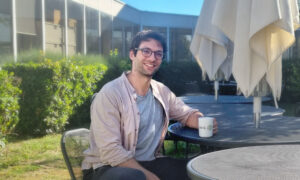
We are EMBL: Rory Bufacchi on scavenging data
Rory Bufacchi talks about the excitement of finding new understanding from existing data and developing computational models to describe living systems.
PEOPLE & PERSPECTIVES2025
people-perspectives
Showing results out of

Rory Bufacchi talks about the excitement of finding new understanding from existing data and developing computational models to describe living systems.
PEOPLE & PERSPECTIVES2025
people-perspectives
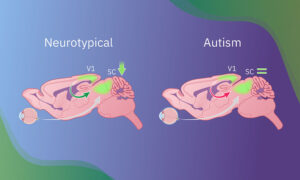
A new study from EMBL Rome scientists reveals a specific brain circuit involved in impaired sensory learning and behavioural adaptation in autism — paving the way for a deeper mechanistic understanding of the condition.
SCIENCE & TECHNOLOGY2025
science-technology
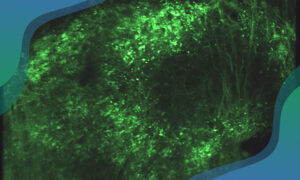
New research from the Rompani and Asari groups at EMBL Rome suggests that the pupil does more than just respond to light and internal states — it may actively shape our vision. Their findings reveal that the pupil can integrate input from both eyes, impacting the entire visual pathway.
SCIENCE & TECHNOLOGY2025
science-technology

Nobel Laureate May-Britt Moser shares her thoughts on her science, its intrinsic rewards, and what she’ll be talking about in a few weeks at EMBL’s 2025 Kafatos Lecture.
PEOPLE & PERSPECTIVES2025
people-perspectives

Nobel laureate and neuroscientist May-Britt Moser will discuss how the brain’s grid cells enable navigation and spatial memory at the 2025 Kafatos Lecture.
EMBL ANNOUNCEMENTS2025
embl-announcements

An AI-enhanced advanced microscopy approach offers promise in better understanding glioblastomas, one of the deadliest brain cancers.
SCIENCE & TECHNOLOGY2024
science-technology
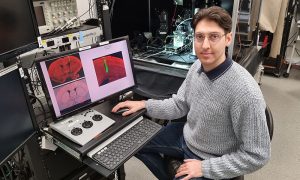
Diego Benusiglio, ETPOD postdoc in the Asari group at EMBL Rome, talks about his peculiar postdoctoral programme and his passion for science and Swing music
LAB MATTERSPEOPLE & PERSPECTIVES2024
lab-matterspeople-perspectives

A new study from the Asari group at EMBL Rome shows a different retinal function in awake mice compared to isolated retinal samples. These new insights could help to develop prosthetic devices that can act as a retina in the future.
SCIENCE & TECHNOLOGY2023
sciencescience-technology

Interim head of EMBL Rome Cornelius Gross has been awarded an Advanced grant from the European Research Council (ERC) for his project TERRITORY, aimed at investigating the neural basis of territorial aggression and fear.
EMBL ANNOUNCEMENTSLAB MATTERS2023
embl-announcementslab-matters
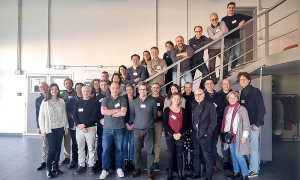
Scientists from EMBL and its French academic partners gathered at EMBL Rome for a workshop to foster collaboration and advance research in neuroscience.
CONNECTIONSLAB MATTERS2023
connectionslab-matters
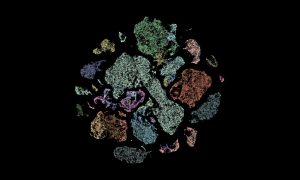
NIH BRAIN Initiative to fund brain atlases, network coordination, and knowledge sharing to explore brain function research.
2022
announcementsscience
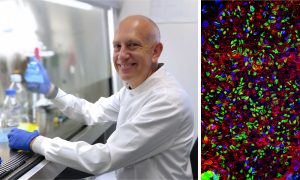
Experiences at EMBL Rome led former group leader to establish his start-up in Italy, developing a new generation of gene therapies.
LAB MATTERSSCIENCE & TECHNOLOGY2022
alumnilab-mattersscience-technologytechnology-and-innovation
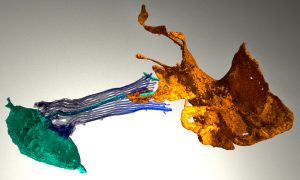
What can sponges tell us about the evolution of the brain? Sponges have the genes involved in neuronal function in higher animals. But if sponges don’t have brains, what is the role of these? EMBL scientists imaged the sponge digestive chamber to find out.
SCIENCE & TECHNOLOGY2021
sciencescience-technology
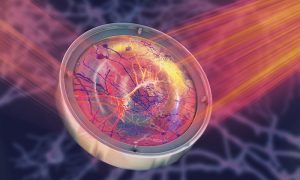
Scientists in EMBL’s Prevedel Group have developed a pioneering microscopy technique that allows researchers to observe cells hidden within opaque tissues, such as live neurons embedded deep in the brain.
SCIENCE & TECHNOLOGY2021
sciencescience-technology
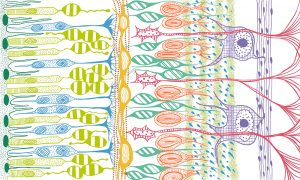
EMBL scientists have found evidence of an unexpected role for retinal cells in pre-processing visual information; their results provide potential opportunity for future prosthetic visual aids.
SCIENCE & TECHNOLOGY2021
research-highlightssciencescience-technology
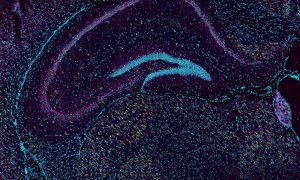
At EMBL, we have many dream teams – groups of individuals who support each other, innovate, and work together. One of those dream teams bridges two core facilities at EMBL Rome.
SCIENCE & TECHNOLOGY2021
picture-of-the-weekscience-technology

The nervous system has fascinated Georgia Rapti ever since her first introduction to biology. Her research group in the Developmental Biology unit will focus on understanding the early biological events involved in the nervous system’s formation.
LAB MATTERSPEOPLE & PERSPECTIVES2020
lab-matterspeople-perspectives

Nobel prize laureate Susumu Tonegawa describes his work in memory research over the past decade
LAB MATTERS2019
eventslab-matters

EMBL begins partnership with Polish centre of excellence for neural plasticity and brain disorders
CONNECTIONSLAB MATTERS2019
connectionslab-matters

New EMBL group leader explores what neurobiology can teach us about what it means to be human
PEOPLE & PERSPECTIVES2019
people-perspectivesscience

Discover how EMBLers across all sites share their passion for science
LAB MATTERSPEOPLE & PERSPECTIVES2018
lab-matterspeople-perspectives
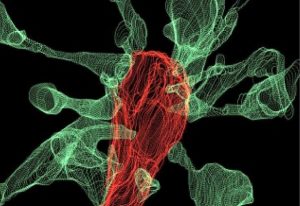
For the first time, EMBL Rome researchers have captured microglia nibbling on brain synapses on film.
SCIENCE & TECHNOLOGY2018
sciencescience-technology
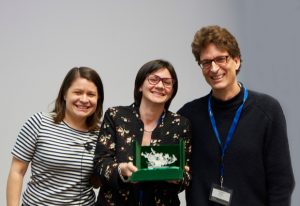
EMBL Group Leader creates Ben Barres Prize to support talented young neuroscientists
EMBL ANNOUNCEMENTSLAB MATTERS2018
embl-announcementslab-matters
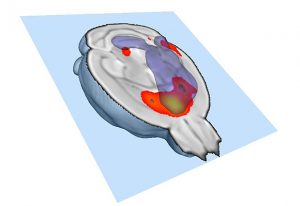
In many people with autism and other neurodevelopmental disorders, different parts of the brain don’t talk to each other very well. Scientists have now identified, for the first time, a way in which this decreased functional connectivity can come about. In a study published online today…
SCIENCE & TECHNOLOGY2014
sciencescience-technology
No results found